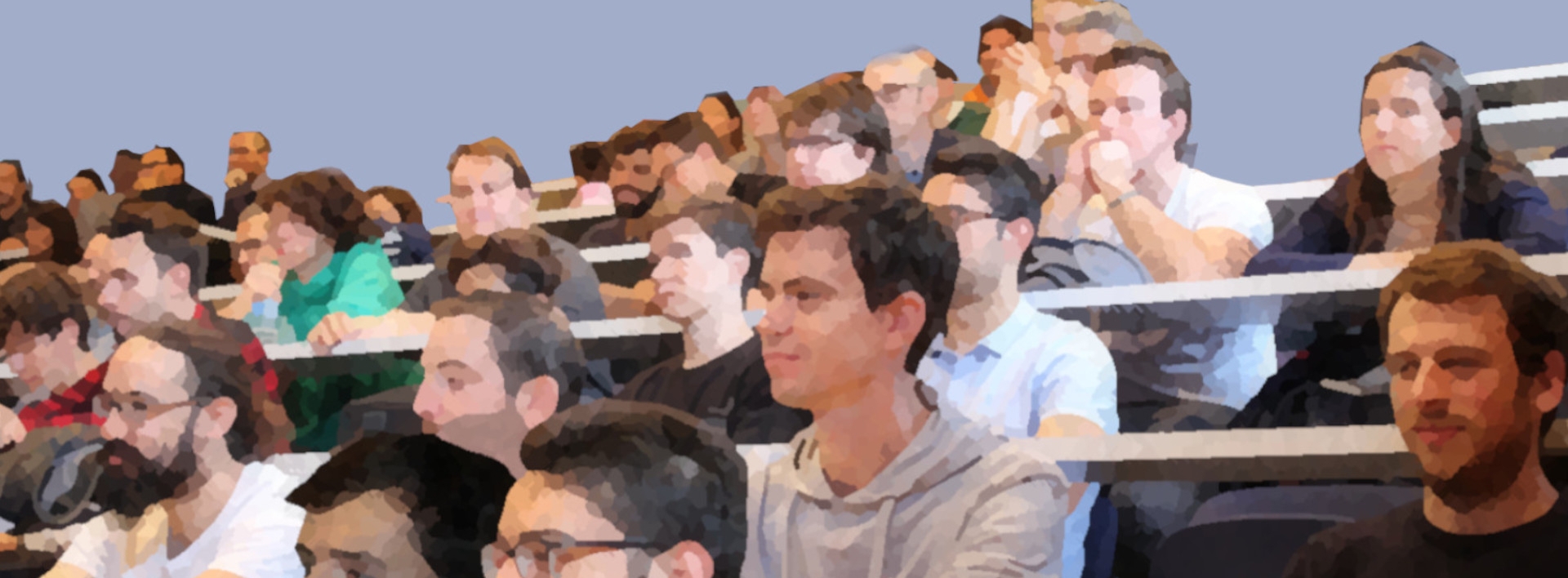Masters
|
SATIE lab is particularly involved in the training courses listed below. Our researchers teach in their specialist areas. These courses are ideal entry points for students wishing to learn about research at SATIE or in other Electrical Engineering laboratories. It is also possible for students from other courses to come to SATIE for their apprenticeships (internships or PhD theses). |
Signal processing
Electronics, sensors
Electrical engineering
Mechatronics
|
SATIE is unique in that it has two Ecoles Normales Supérieures (ENS) among its supervisory bodies: ENS Paris-Saclay and ENS Rennes. These establishments offer high-level Masters 2 courses in Engineering Sciences (SPI), which also prepare students for the agrégation competitive examination. These courses are designed to provide students intending to work in higher education and research with a solid scientific grounding in a wide range of disciplines. |
Masters in engineering sciences with preparation for the agrégation
|
In addition to the research-based Masters courses, SATIE researchers also teach in a range of vocational courses at Cnam, CY Cergy Paris Université and Université Paris-Saclay. Students on these courses often have the opportunity to receive some of their training in the laboratory during work placements, and to work on subjects related to industrial applications in fields as varied as energy, health, cosmetics, security and heritage. |

